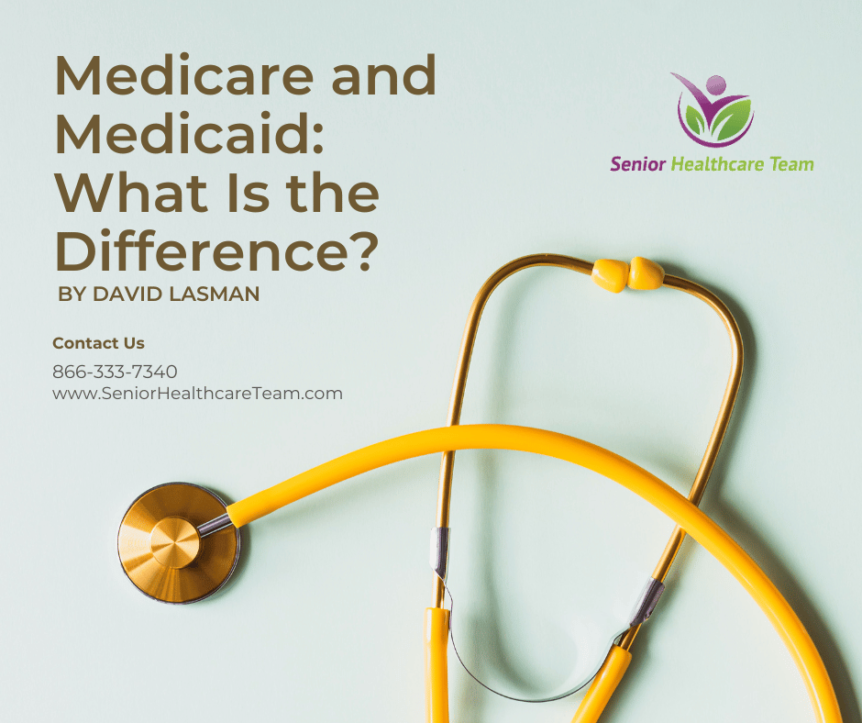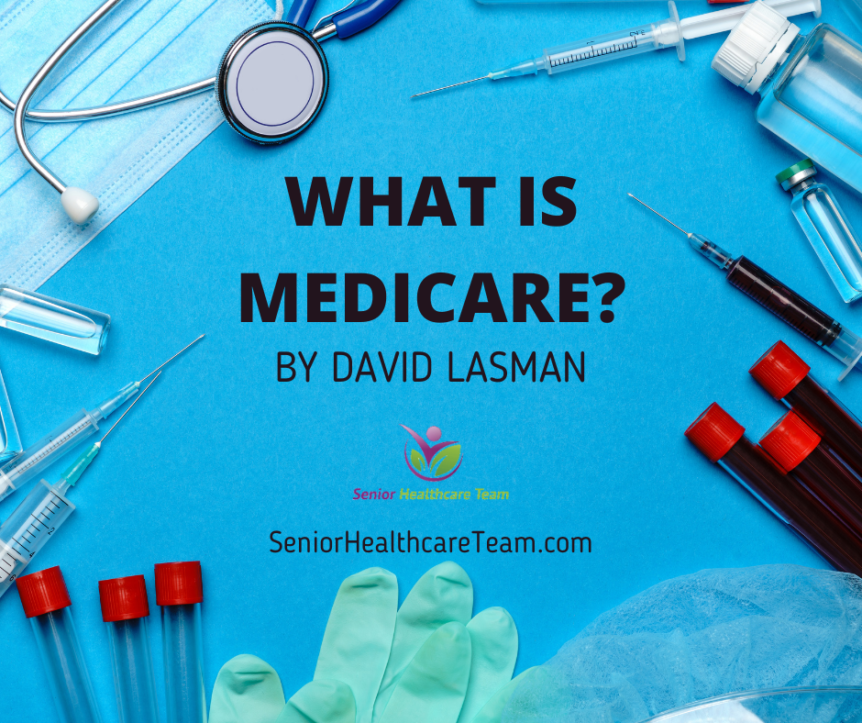Medicare and Medicaid are government-backed healthcare programs that serve different groups of people and have different eligibility requirements. Some people may qualify for both programs. It’s important to understand the differences between Medicare and Medicaid and how each one works so that if you’re eligible for either or both, you can receive all the benefits offered to you.
Can You Use Your HSA For Medicare?
If you’re like many workers in the U.S., you may have been saving money in a health savings account (HSA) for years, which can be helpful should you face medical expenses during retirement.
But once you reach age 65, which is when you reach Medicare eligibility, contributing to an HSA becomes a bit more complicated. While you can use HSA funds to pay Medicare premiums, you cannot continue contributing to your HSA after enrolling in Medicare.
Medicare Supplement (Medigap) Insurance FAQ’s You Need to Know
Medicare Supplement Insurance, also known as Medigap, is a type of insurance policy that helps cover the gaps left by Original Medicare. While Original Medicare covers most medical expenses, it doesn’t cover everything, leaving you with some out-of-pocket costs like deductibles, copayments, and coinsurance. Medigap policies are sold by private insurance companies and can help cover some or all of these costs. Here are the top 5 frequently asked questions about Medicare Supplement Insurance:
Medicare and Medicare Supplement Insurance (Medigap) Explained
Medicare is a federal health insurance program in the United States that provides coverage for eligible individuals who are 65 years or older, younger people with disabilities, and people with end-stage renal disease.
What is Medicare?
Medicare is a federal health insurance program in the United States that provides coverage to individuals who are aged 65 and older, individuals with certain disabilities, and individuals with end-stage renal disease. The program was signed into law by President Lyndon B. Johnson in 1965 and has since become an important part of the social safety net for millions of Americans.
Top 5 Reasons to Call a Medicare Supplement Insurance Agent Today
As we age, the cost of healthcare tends to rise, and many individuals find that their Medicare coverage doesn’t quite cover all of their medical expenses. This is where a licensed Medicare supplement agent can help. A licensed Medicare supplement agent can guide individuals through the process of choosing and enrolling in a Medicare supplement plan that can help them cover the costs that their original Medicare plan does not.
What is Medigap Used For?
As you approach retirement age and become eligible for Medicare, you may hear the term “Medigap coverage” being used. Medigap, also known as Medicare Supplement Insurance, is a type of insurance policy that is designed to help cover the gaps in Medicare coverage. In this article, we will discuss what Medigap coverage is, how it works, and why it is important.
7 Benefits of Having a Medicare Supplement Plan
Medicare Supplement Insurance, also known as Medigap, is a type of health insurance policy that helps cover the out-of-pocket costs that Medicare doesn’t cover. These policies are sold by private insurance companies and are designed to work alongside Original Medicare to help pay for things like copayments, coinsurance, and deductibles.
Who is Eligible for Medicare in 2023?
Medicare is a Federal health insurance program that was established in 1965 to provide affordable health coverage for Americans who are 65 years of age or older, as well as some younger people with certain disabilities and medical conditions. Medicare is funded through payroll taxes, premiums, and government funding, and it covers a wide range of healthcare services, including hospital care, physician services, prescription drugs, and more.
Three Common Misconceptions About Medicare’s Annual Enrollment Period
The Annual Enrollment Period is actually an opportunity – not a burden. This is the only time of year, outside of special exceptions, when you’re permitted to switch your Medicare Advantage or Part D drug plan.










